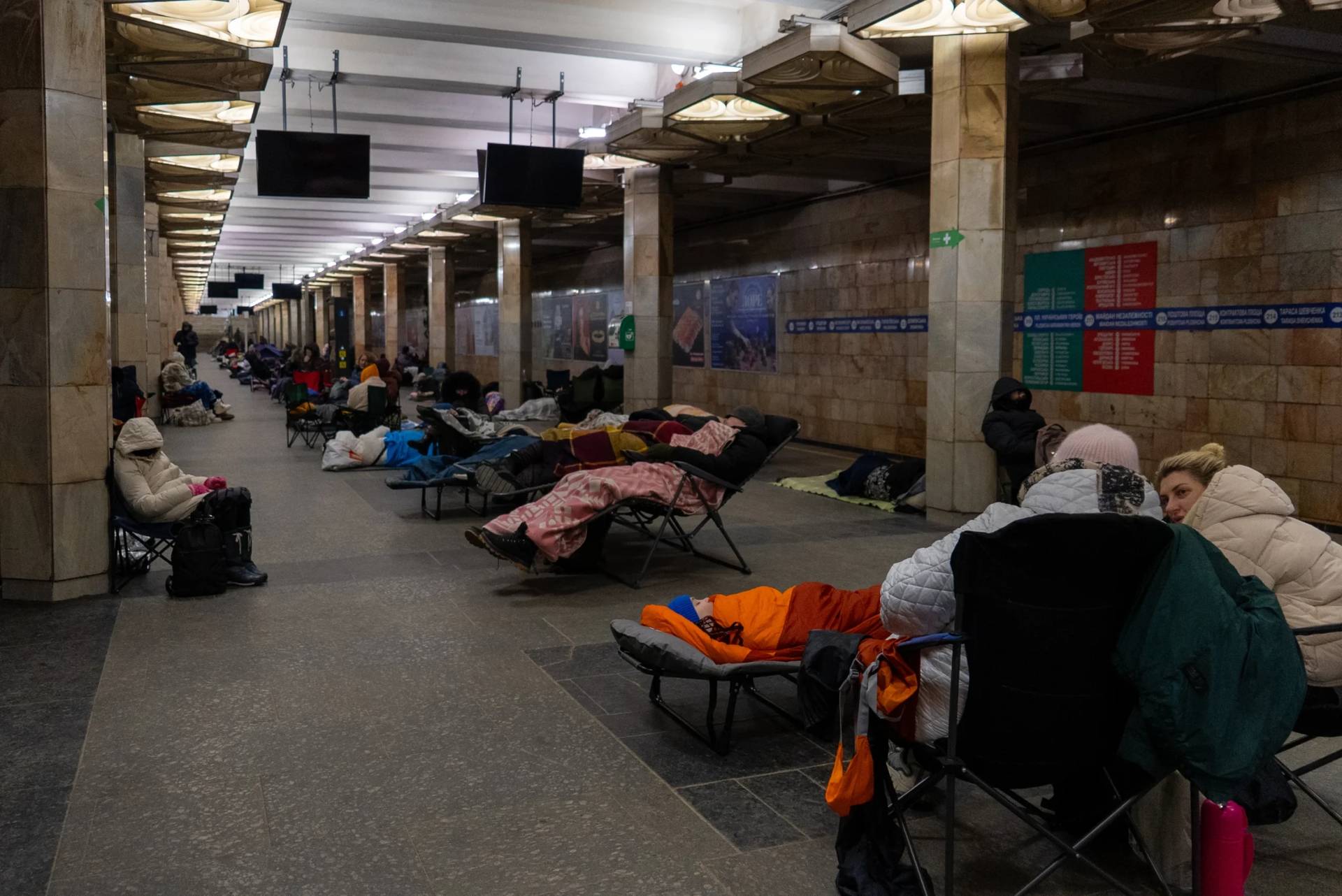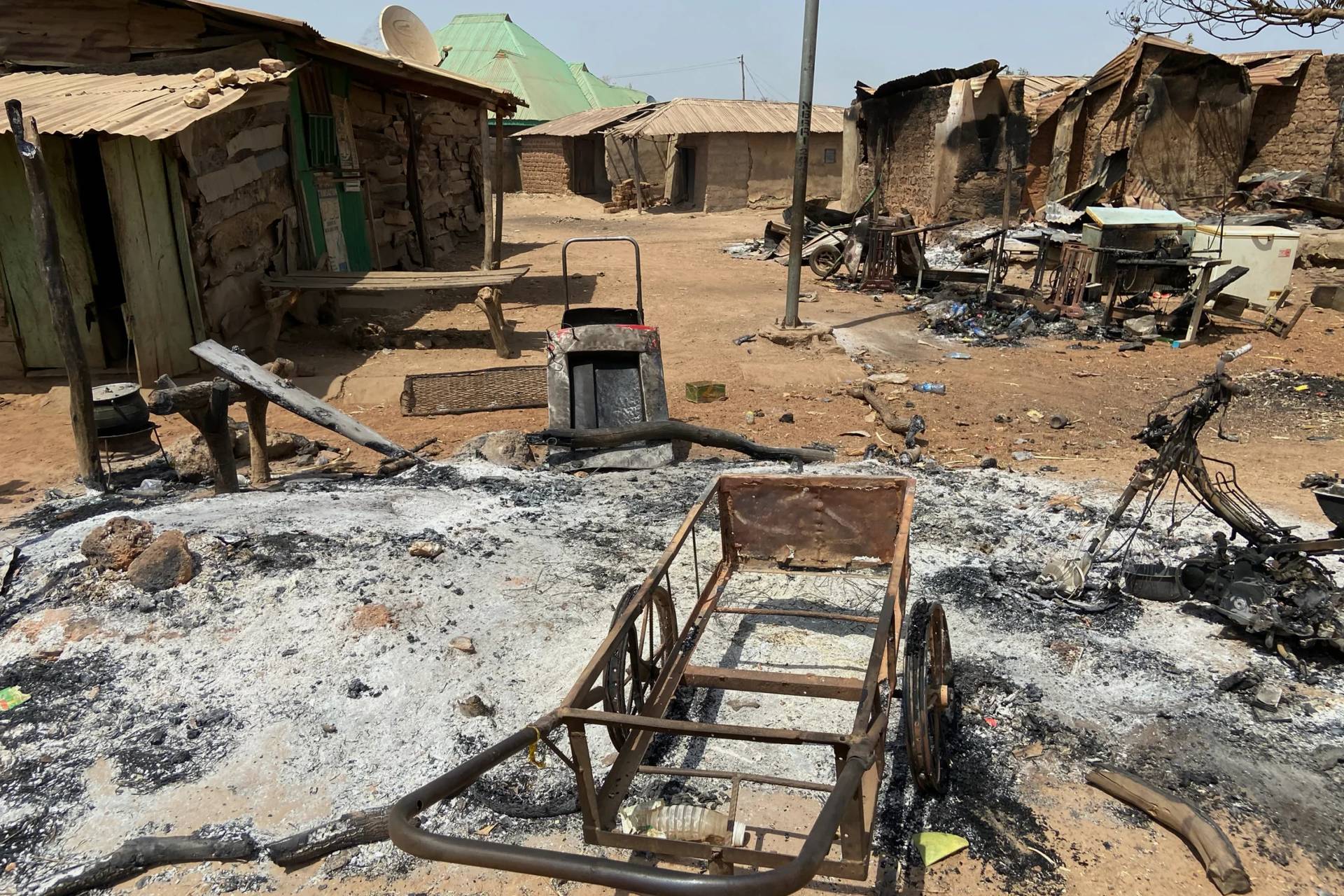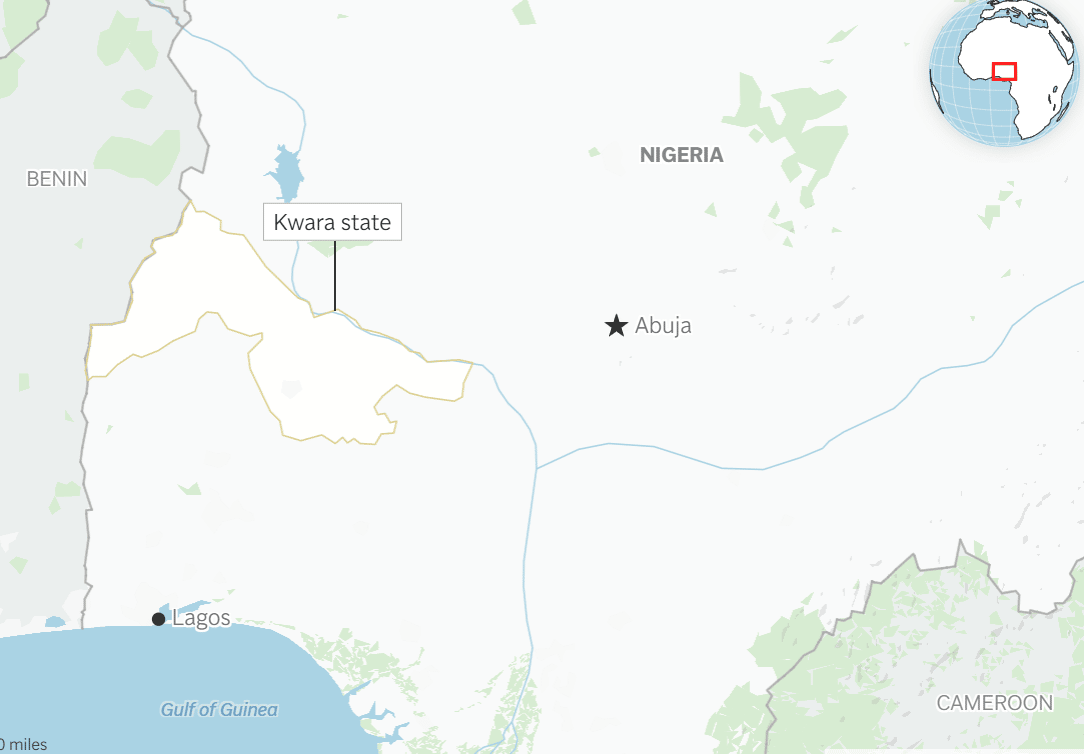WORCESTER, Massachusetts — For one priest, it’s a chance to serve people with his love of languages.
For another, it’s an opportunity to use his previous studies.
For all priests in the Diocese of Worcester, ministry to the sick and dying in these days of the coronavirus pandemic is changed.
Nineteen priests in the diocese have been trained to be designated ministers to the sick, according to Msgr. James P. Moroney, director of the diocesan Office for Divine Worship.
Because of the danger COVID-19 presents to the priest and to avoid a large number of priests passing on the virus to others, a limited number of well-trained younger priests have been appointed by Bishop Robert J. McManus of Worcester for this special ministry, Moroney said.
“They … are being trained to take the proper precautions to safeguard their health and the health of those with whom they come in contact,” Moroney explained in his office’s monthly newsletter, Orantes.
Under normal circumstances, all priests would visit the sick in the homes and care facilities and often visit their sick parishioners who are in the hospital. At this time, all regular pastoral and in-home visits are suspended, Moroney said.
The designated ministers can anoint the sick, hear their confessions and give them Communion. Moroney and Msgr. Peter R. Beaulieu, director of mission integration and pastoral care at St. Vincent Hospital, gave the training in person to some of the priests. Others watched a video of that training and were to call with any questions they had.
“We were approached by Msgr. Moroney” after he spoke with McManus, said Father Donato Infante III, one of the designated ministers, who also is director of the Office for Vocations. He said chosen priests could decline.
“I’m deeply touched by the devotion and seriousness (with) which these priests have taken on this new ministry, and we should all keep them in our prayers,” Moroney said.
Father Dario Acevedo said he thought the idea was “to follow the call that Pope Francis gave to not abandon the people of God.” He figured McManus was listening to that and also trying to keep people safe.
On a list of designated ministers, Acevedo was identified as speaking three languages — English, Spanish and Portuguese. He serves the Brazilian community at St. Anna Parish in Leominster, Massachusetts, and the Hispanic community at St. Louis Parish in Webster, Massachusetts, and also helps with Hispanic ministry at St. Peter Parish in Worcester.
“I love languages,” he told The Catholic Free Press, Worcester’s diocesan newspaper. “I can serve more people” because of the ability to speak different languages.
Father Enoch K. Kyeremateng, chaplain to the African Ministry, also is on the list of ministers and, besides English, he speaks Twi and Swahili.
Designated minister Father Ryszard W. Polek, pastor of Our Lady of Czestochowa Parish in Worcester, can speak English or Polish with the sick. Some older Polish immigrants do not speak English, he said.
“They did not have a chance to go to school,” he explained. “They came here, not as young people,” but as parents who had to go to work.
Father James M. Boland, another designated minister and pastor of St. Patrick Parish in Rutland, Massachusetts, can use his studies in this ministry.
“I have a background in the medical field,” he said, explaining that he studied athletic training/sports medicine for four years before he entered seminary. The new ministry is calling upon knowledge he hasn’t had to use much, he said. With this background, of course he agreed to participate — for the sake of the older priests and to serve the people — he said.
But access to patients has changed, Infante noted.
“When I got to the nursing home, they took my temperature” and asked questions, such as whether he had traveled outside of the United States, he said. “They actually had to meet me at the door because the front door was locked.”
He wore gloves and could use a Q-tip to anoint someone if needed. If someone had symptoms of the coronavirus he would probably do that, he said, but the people he visited — in nursing homes and hospice care — did not have it.
Moroney said designated ministers were offered oil stocks that were deep cleaned and disinfected with new oil of the sick, which had added to it a bit of tea tree oil with antimicrobial properties.
“We’ve been taught to only dip our thumb into it once instead of twice like we would typically do, so we’re not putting germs back into it,” Infante said.
The Office for Worship prepared a “Rite of Anointing” and the “Rite of Final Commendation” that the designated ministers can photocopy, Moroney said. After ministering to a sick person, they can discard the photocopies to avoid spreading disease.
All other priests were urged to remain in the rectory and maintain phone, email and social media contact with parishioners. If a person under their spiritual care is in need of a pastoral visit, they are to contact one of the new ministers in their area.
Priests referring their sick parishioners to these designated ministers “should ascertain if the sick person has been diagnosed with the virus, if they are exhibiting symptoms or if they have come into contact with someone who was exposed to the virus,” said directives from the Office for Worship.
“Our designated priest ministers need this information to determine what kind of precautions to take. They have been instructed that if they are inadvertently exposed to a person with the virus without the benefit of mask and gloves they must self-quarantine for 14 days,” the directives explain.
Connor is senior reporter/photographer at The Catholic Free Press, newspaper of the Diocese of Worcester.













